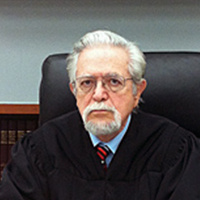 El Cajon Adoption Lawyers, California
El Cajon Adoption Lawyers, California
Sponsored Law Firm
-
 x
x

Click For More Info:
-
Law Offices Of Anthony Abbott
375 S. Rancho Santa Fe Rd. 105 San Marcos, CA 92078» view mapDivorce & Family Over 50 Years Of Experience
The Law Offices of Anthony Abbott has been working for the people in the great state of California for over 50 years.
800-497-8821
Lawyers
1-4 of 4 matches
Family Law, Divorce, Child Support, Adoption
Adoption, Alimony & Spousal Support, Child Support, Children's Rights, Motor Vehicle
Guardianships & Conservatorships, Adoption, Divorce & Family Law, Civil & Human Rights
Public Interest Law, Adoption, Bankruptcy, Household Mold



 Anthony Abbott San Marcos, CA
Anthony Abbott San Marcos, CA